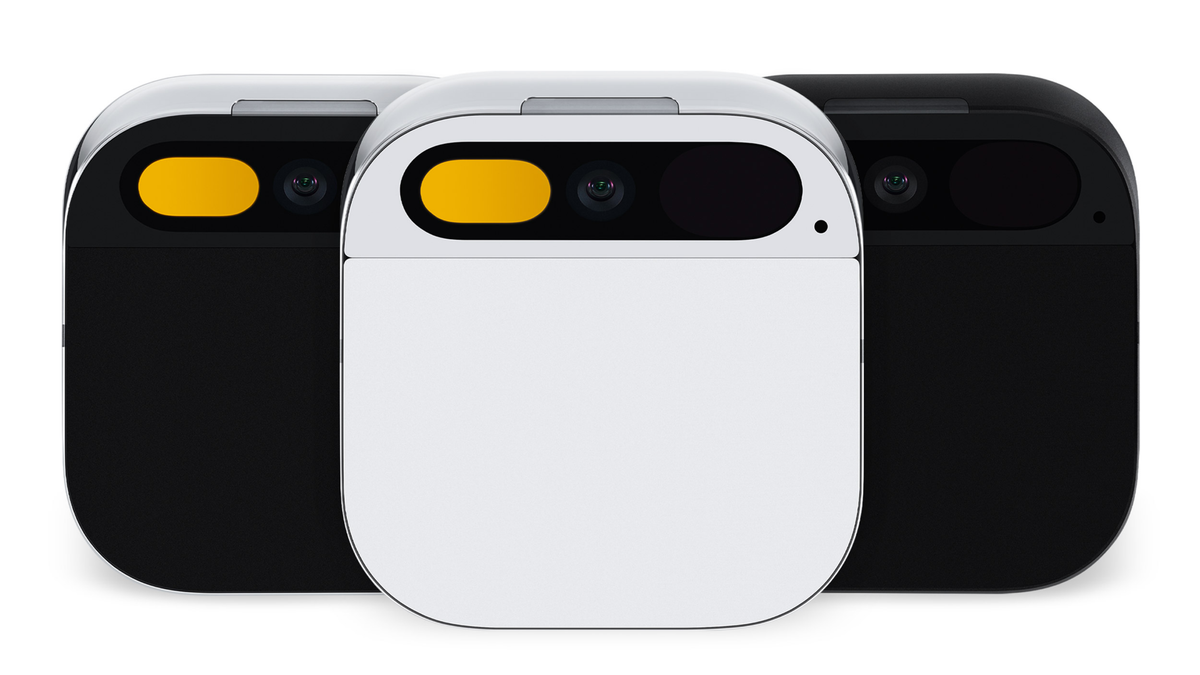The Humane AI Pin: Transforming Personal Assistants as We Know Them
The recently released Humane AI Pin has garnered mixed reviews since its launch, sparking a debate about the future of personal assistant devices. While many users have found the device to be slow, buggy, and lacking essential features, the potential of this innovative technology cannot be ignored.
The Price of Innovation
At a price point of $699 for the base Eclipse model, the Humane AI Pin is not an affordable gadget. However, the true cost goes beyond the initial purchase. Users are required to pay an additional $24 for a T-Mobile unlimited data plan, essential for the device’s functionality. International roaming comes at an extra cost, with daily and monthly rates depending on the duration of travel.
Moreover, music lovers must subscribe to Tidal to enjoy music playback on the AI Pin, as it is the only supported music partner. This additional monthly expense is crucial for those who wish to use the device’s music features.
Controlling the Future
The AI Pin boasts a touch, voice, and projection interface, eliminating the need for a traditional screen. While this design choice enhances user experience in many ways, tasks like configuring WiFi settings may prove to be more cumbersome without a screen.
Gesture controls on the Pin allow users to navigate the device effortlessly. Voice commands, translation features, and photo capture capabilities further enhance the device’s functionality. However, the device’s Laser Ink Display, which projects information onto the user’s palm, poses visibility challenges, especially in direct sunlight.
Features and Limitations
Despite its impressive capabilities, the AI Pin falls short in some areas compared to smartphones. Features like setting reminders, scheduling alarms, and accessing calendar events are currently unavailable. Humane’s roadmap outlines upcoming features, including photo sharing, playlist support, and voice translations, hinting at future improvements.
Feedback from early users highlights issues with the device’s speed and accuracy. Delays in processing requests, inaccuracies in visual recognition, and misleading information generated by the AI have been reported. Humane acknowledges these concerns and aims to refine the device’s AI model for faster and more reliable performance.
The Humane AI Pin represents a significant leap in personal assistant technology, presenting a glimpse into a screenless future. While it may not replace smartphones entirely, it offers a unique and innovative approach to everyday tasks. As the technology evolves and addresses current limitations, the AI Pin has the potential to redefine how we interact with digital assistants.
Image/Photo credit: source url





